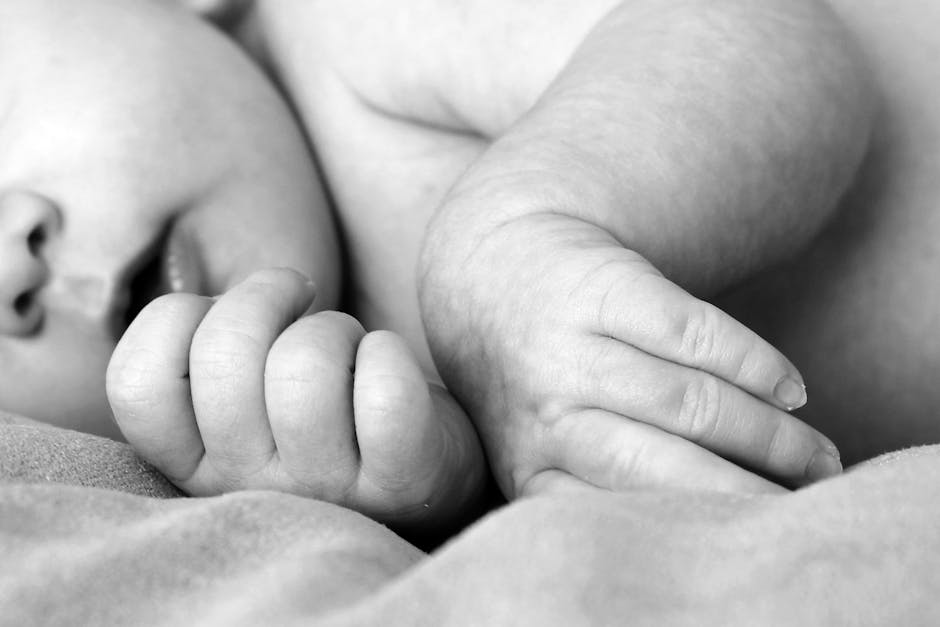A Catastrophic Loss of Honour
There is a concept deeply embedded in the Indian psyche – that of izzat. It’s more than just honour; it’s the very fabric of one’s public standing, dignity, and self-worth. To lose it is to lose everything. Looking at the hollowed-out figure of Prince Andrew, Duke of York, one can see a man who has suffered a total loss of izzat, a public shaming from which there is no return. The poignant observation by Stephen Bates perfectly captures this tragic, self-inflicted exile: a life he was born to has been irrevocably replaced by one he will surely hate.
From Falklands Hero to Royal Favourite
Let’s rewind the tape. This wasn’t just any royal. This was the dashing Falklands war hero, the helicopter pilot who put his life on the line. He was, by many accounts, the late Queen’s favourite son, the charismatic “spare” who seemed to revel in his royal status. For decades, Prince Andrew was the embodiment of a certain type of privilege – assured, confident, and seemingly untouchable. He was His Royal Highness, a decorated veteran, and Britain’s Special Representative for International Trade and Investment. His life was a tapestry of gilded palaces, state banquets, and global deference.
The Unravelling: Epstein and the Car-Crash Interview
Then came the unravelling. The thread that pulled it all apart was his toxic association with the convicted sex offender Jeffrey Epstein. While the allegations made by Virginia Giuffre were deeply disturbing, it was Andrew’s own hubris that sealed his fate. The now-infamous 2019 BBC Newsnight interview was not a defence; it was a spectacular act of self-immolation. His bizarre excuses, his claims of being unable to sweat, and his stunning lack of empathy for Epstein’s victims didn’t just fail to clear his name – they made him a national laughingstock and a global pariah.
The Firm’s Retribution: Stripped of Titles and Status
The Monarchy, often called ‘The Firm’, is ultimately a ruthless business of survival. It cannot afford to carry dead weight, especially weight that is radioactive. The retribution was swift and brutal. Prince Andrew was shorn of his military titles, stripped of his royal patronages, and, in the most cutting move of all, forbidden from using the coveted ‘His Royal Highness’ title in any official capacity. In an instant, the war hero became a mere duke, a prince in name only. He became a ghost at his own family’s events, a walking, breathing embarrassment relegated to the background of royal life.
A Gilded Cage: The New Life Prince Andrew Hates
This is the “life he will hate.” It’s not a life of poverty, of course. He still resides in the grand Royal Lodge at Windsor. But for a man defined entirely by his public role, status, and the deference that came with it, this new existence is a gilded cage of profound humiliation. Imagine being born into a system where your entire identity is your title, only to have that title rendered meaningless. He is a maharaja without a kingdom, a CEO with no company, a general with no troops. He is present, but invisible; a footnote in the very history his family is trying to write.
For many, watching this saga unfold is a fascinating spectacle. It is a cautionary tale that resonates powerfully – a reminder that in the modern, hyper-scrutinised world, no amount of inherited privilege can serve as a permanent shield against accountability. The fall of Prince Andrew is more than just a royal scandal; it is a Shakespearean tragedy of a man whose pride and appalling judgment cost him the one thing he could never buy: his dignity. He is now condemned to live out his days not as a respected royal elder, but as a permanent symbol of the British monarchy’s greatest modern shame.




